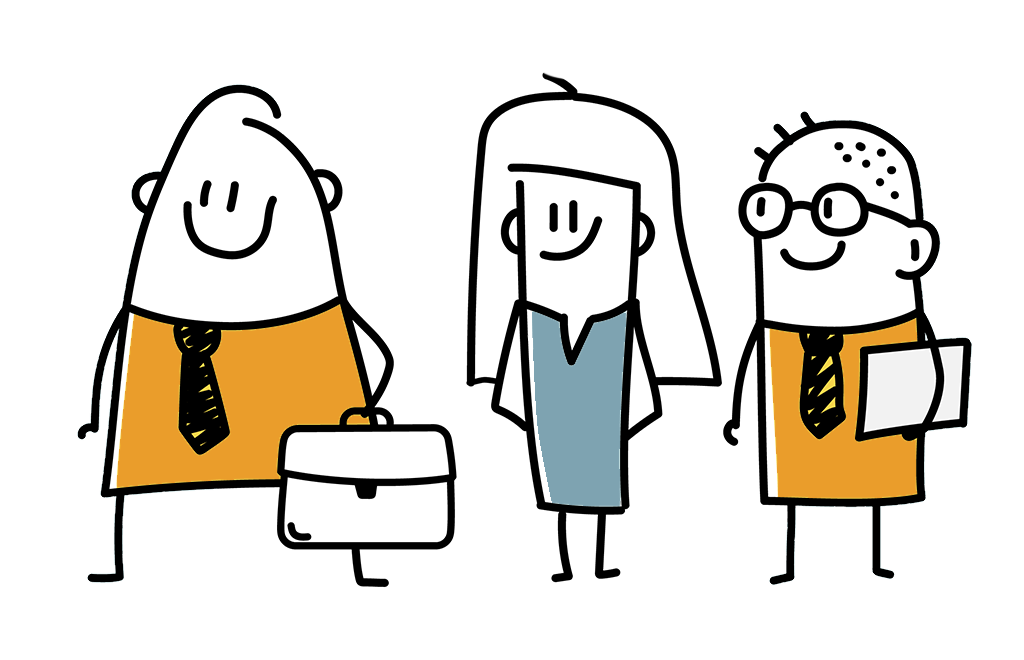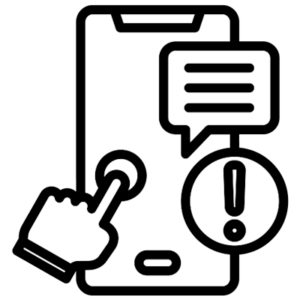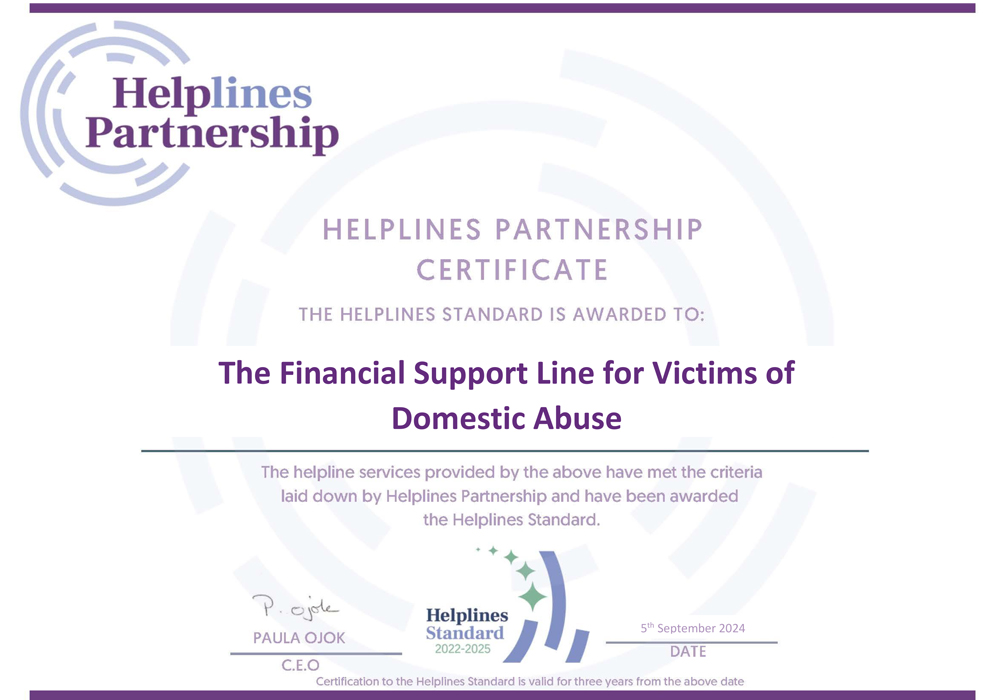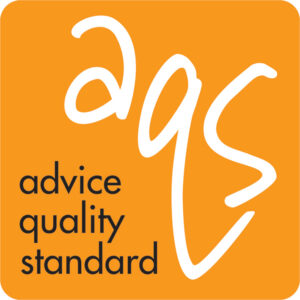Keeping myself & my money safe
Everyone has the right to be safe
No one should experience abuse. Abuse can sometimes be hidden, and it can be hard to protect yourself, especially if the person who is harming you is a relative, friend or someone you rely on.
If you are worried that you, or someone else, is being abused you should talk to someone.
- Social Services: find your local council
- Police: If the crime is in progress or someone is in immediate danger, call 999. To report otherwise, call 101 or you can call Crimestoppers on 0800 555 111
- Action on Elder Abuse helpline: call 0808 808 8141
What is Economic (Financial) abuse?
It may be a crime, such as theft, or it could be pressure to change a will, or give gifts; it could be “borrowing” money.
Often, we see partners or family members, along with friends or carers, take advantage of those they support or look after. People who take money often make excuses: “You are bad with money it is better if I deal with it”, “I should get paid for helping”, or “he doesn’t need it anyway – he never goes out”.
But if the money is taken without agreement then this is wrong.
Financial abuse can also be a part of economic & domestic abuse, which could include:
- not letting you earn money,
- making you hand your wages over,
- making you ask for money,
- running up debts in your name,
- placing all the household bills in one person’s name,
- making you claim benefits you are not entitled to.
Safeguarding people at risk of abuse
The Domestic Abuse Act 2021 and its statutory guidance, along with The Care Act 2014, sets out a clear legal framework for how local authorities and other parts of the system should protect adults and children at risk of abuse or neglect.
“No decision about me without me”
The stress is on asking what outcomes the affected person wants. It’s not always easy to know what outcome you want, especially in a complex situation with family & friends, for example. You should be involved in the discussions about the options, and risks, and you could be offered advocacy to help you clarify your position.
The Care Act
This references Making Safeguarding Personal, and has put the approach into the guidance with these key principles:
- Empowerment – presumption of person led decisions & informed consent
- Prevention – better to take action before harm occurs
- Proportionality and least intrusive response
- Protection – support and representation for those in greatest need
- Partnerships – local solutions
- Accountability & Transparency in delivering safeguarding
Guidance says that the affected person should be helped to be in control of the process.
Also that people can choose to take risks if that is what they want to do.
The Domestic Abuse Act (2021) for England and Wales
This contains new measures to protect victim-survivors of domestic abuse.
- It gives a legal definition of domestic abuse which for the first time includes economic abuse. It also defines economic abuse.
- It made controlling or coercive behaviour that takes place after separation a criminal offence.
- It created a Domestic Abuse Commissioner role to monitor the government’s response to domestic abuse.

Our top tips to protecting yourself from financial abuse
- Do not rely on any one person – rely on 2 people! If you have 1 person helping you with your money it is pressure for that one person, and however trustworthy they are if something were to go wrong, or they were to make a mistake, then they could be in the frame.
- Do not give out your card and pin number to anyone – there are other ways to access cash if you need help.
- Check your bank statements and make sure that you know what the transactions are. Have an idea of what transactions you should normally see going out of your account, and what your balance should be, so you know if something looks wrong.
- Don’t keep large amounts of cash – put them safe in the bank. If you keep money around in your home ensure it’s out of the way of casual visitors.
- Talk to others – if something feels wrong. Don’t be scared to ask questions.
- If someone shops for you – be clear about what money you have given them, and what change you expect. Set out the expectation at the outset, e.g. “how much do you think that will cost? I will give you £10 & you can bring me the change” so as to avoid a misunderstanding.
- Don’t have more credit cards or accounts than you need – if you don’t use the account, close it.



